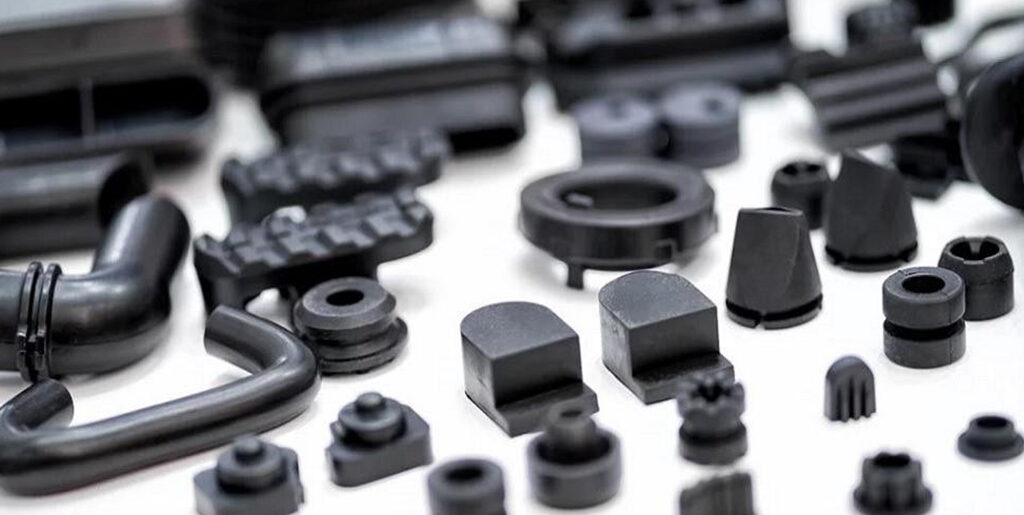

Polymer materials and plastics are finding more and more common applications in various industries. Beyond traditional fiberglass and plastics, advanced polymer formulations are now used for both military and commercial applications.

The two main types of plastics are thermoplastics and thermosets. While thermoplastics soften during heating and harden during cooling, thermosets, heating, flow and crosslinking, to create hard material that will not soften in future heating. Thermoplastics make up a large part of commercial use.
It is the most important and versatile polyethylene of hundreds of commercial plastics. Polyethylene is used in a wide variety of applications because it can be produced in many different forms depending on its structure. The first type to be commercially exploited was called low density polyethylene (LDPE) or branched polyethylene.
This polymer is characterized by a large degree of branching, which forces the molecules to be packed and forms a fairly low density material. LDPE is soft and flexible and has various applications from plastic bags, containers, textile and electrical insulation to packaging materials coatings.
Another form of polyethylene that differs from LDPE only in structure is high density polyethylene (HDPE) or linear polyethylene. This form shows little or no branching, which allows the molecules to be tightly packed. HDPE is much harder than branched polyethylene and is used in applications where stiffness is important. The main uses of HDPE are plastic tubes, bottles and bottle caps.
Advanced Polymers and Rubbers The materials have broad and proven applications in the aircraft, aerospace and sports equipment industries. More specifically, APMs are very attractive for aircraft and aviation structural parts. APMs continued to evolve due to NASA's Advanced Space Transport Program. In addition, advanced polymer materials have decades of history in the military and state aviation industries. However, since advanced plastic manufacturing technology is constantly evolving, most of the technology is developed for secondary or commercial markets.
EUROLAB has the ability to provide the necessary data to evaluate the mechanical strength and integrity of these materials and to evaluate the performance of product applications. Some of our ASTM, IEC and UL test methods for composites, polymers, plastics, resin compounds and advanced materials are listed below.
To get an appointment, to get more detailed information or to request an evaluation, you can ask us to fill in our form and reach you.